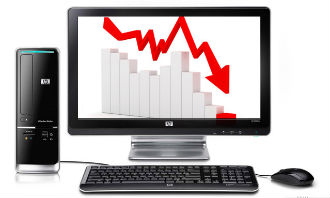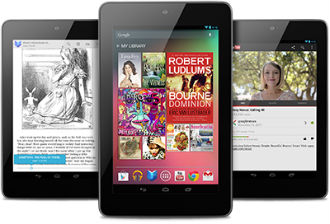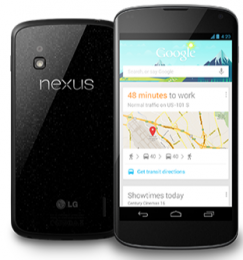 The PC market is in the middle of its worst slump ever, but there might be some light at the end of the tunnel. PC makers believe prices of Windows 8 devices will fall dramatically in the not so distant future.
The PC market is in the middle of its worst slump ever, but there might be some light at the end of the tunnel. PC makers believe prices of Windows 8 devices will fall dramatically in the not so distant future.
On Wednesday Acer President Jim Wong said Microsoft is becoming increasingly considerate to its hardware partners and that it is finally starting to listen to their suggestions and ideas. Shifting the focus to cheaper products seems to have been the loudest suggestion. Wong also pointed out that touch enabled devices will open up a lot of possibilities for PCs, but he also warned that many simply don’t need touchscreens on their trusty PCs.
On the other hand, more touchscreens and mouth-watering price points could spell more competition in the cutthroat tablet market, dominated by Apple and Android gear. A number of manufacturers are already working on smaller Windows 8 tablets as well. The success of the iPad mini and even cheaper 7-inch ARMdroids did not go unnoticed, but it will take some effort to make Windows 8 truly competitive in this market, which is already becoming overcrowded.
First of all, Windows 8 is a bloated operating system by tablet standards. This means Windows 8 tablet designs need a lot more storage than their iOS or Android counterparts, which tends to drive the price a bit higher. Windows 8.1, or Windows Blue, could try to tackle this shortcoming. Secondly, they need very efficient x86 chips to be economically feasible, but upcoming x86 SoC designs from Intel and AMD should go a long way towards addressing this issue. Finally, Redmond has to cut Windows 8 prices, plain and simple.
However, Asus CEO Jerry Shen warns that there is no quick fix for Microsoft’s tablet woes. Windows 8 tablets are quite a bit pricier than their Android counterparts and they cost at least $150 more. Shen believes the price gap could narrow to about $50 this year, which should considerably improve Microsoft’s competitiveness.
Acer Chairman J.T. Wang said Microsoft’s willingness to adapt to change is a good sign for the PC industry, reports the Wall Street Journal. He was rather blunt about it, too.
“In the past we consider they (Microsoft) live in heaven,” he said. “But now they go down to earth and they start to learn how people living on earth think.”
Although tablets are generating all the buzz lately, there are some changes on the PC front as well. An increasing number of all-in-ones and more powerful mini-PCs are hitting the market. Ultrabooks sales are still failing to impress, but there is some good news to report on the notebook front as well. Prices of Ivy Bridge notebooks are seeing double-digit cuts, as Intel partners gear up to introduce Haswell-based models over the next few months.








